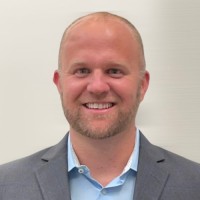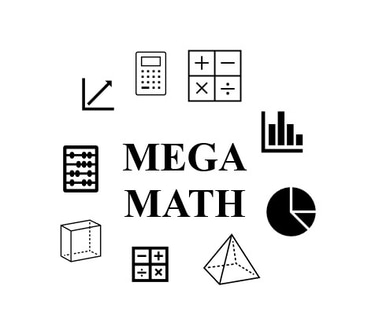
THE YOUNG LOGICIANS
The Young Logicians – Solving Problems with Problem-Solving
This course is designed to train young logicians to become more exceptional problem solvers. This course is for deep thinkers who approach challenges with creativity, strategy, and confidence.
The Young Logicians is a 16-week course that spans five unique modules. It is designed for curious and capable 5th through 7th graders who enjoy thinking through complex questions and exploring math in new ways. Through innovative and dynamic problem-solving experiences, students will build flexible strategies, deepen their mathematical understanding, and engage with real and abstract challenges. The course blends creative exploration of rich mathematical problems with light SAT-style practice, using math as a tool for developing sharp, adaptable thinkers.
The content of this course is different from everyday mathematics, as is the instructional model. A core part of this course is collaborative problem solving. Students will routinely engage in Socratic discussion, and will also work in small groups to tackle rich mathematical challenges that require discussion, reasoning, and multiple strategies. They will work together, share differing perspectives, listen to their peers, and navigate uncertainty. This experience not only sharpens individual thinking but also builds the communication and teamwork skills essential for future academic and professional success, where collaboration is central to real-world problem solving. In addition, for those interested, this work will also provide a strong foundation for participating in competitions like the Davis Math Tournament, held annually each May.
To ensure the best possible experience for each student, all interested participants will complete a short pre-assessment. This will consist of a short written exam followed by a think-aloud exercise. This is not a test of ability, but rather a tool to better understand each student’s thinking style, comfort with open-ended exploration, and readiness for collaborative, nontraditional problem solving. The purpose is to ensure strong alignment between the course and the learner, so that the experience is appropriately challenging, engaging, and supportive for all involved.
Sign-ups for the course will be available beginning in mid-august. Pre-assessments will take place on a rolling basis, with enrollment finalized by Aug 25. Enrollment will be capped at 12 students. Classes will be held at MEGA MATH from the week of September 1 through the week of December ____.
The course will meet weekly for 90 minutes on Thursday evenings, from 6:00p-7:30 pm. Pizza will be served so students can comfortably join even if they are arriving directly from other activities. Although weekly sessions are designed to build on one another, students won’t be left behind if they miss a session – topics will spiral and revisit key ideas, with an emphasis on developing problem-solving habits rather than following a rigid content sequence. However, our hope is that all enrolled students will attend each session to the best of their availability.
Of course, the most important question – will students receive MEGA MATH “chips” they can redeem for prizes?!? Yes! Although the content and instructional model for The Young Logicians course varies from prototypical MEGA MATH courses, the same spirit of making math fun will continue to drive the design and approach. Students will be able to earn chips toward their favorite prizes, same as they do in all other Mega Math courses.


ABOUT THE INSTRUCTOR:
Dr. Liam Honigsberg is a lifelong lover of math, not just for its answers, but for the patterns, puzzles, and ideas it opens up along the way.
A former high school math teacher and finalist for the Teach for America Teacher of the Year, he’s taught students of all ages – from middle schoolers preparing for the SAT to graduate students learning statistics. He earned perfect scores on the math sections of both the SAT and GRE – reflections of his love of problem solving more and having access to rich mathematics experiences growing up, including being part of Project S.E.E.D. as a child and later running a summer math camp through UC Berkeley’s Academic Talent and Development Program.
Today, Liam works in the education sector as a data scientist, helping schools and systems strengthen teaching and learning – but his favorite place is still the classroom, helping students explore great questions and build confidence through mathematics. Liam holds a Ph.D. in Management from Brandeis University, a master’s degree in statistics from Harvard, and graduated with honors in cognitive neuroscience from UC Berkeley.
